 This is the 13th post in the Wilhelm Meister's series and the last of this season, considering we get to a key moment in the novel; after summer we will resume what’s going to become the beginning of the series finale (but don't be too excited because there are still some posts left).
This is the 13th post in the Wilhelm Meister's series and the last of this season, considering we get to a key moment in the novel; after summer we will resume what’s going to become the beginning of the series finale (but don't be too excited because there are still some posts left).
Wilhelm leaves the city for some days and visits the harpist, who looks more calmed. At the clergyman's place, Wilhelm meets a doctor who tells them the strange story of "a rich and nouble couple". In order to play a joke, a young man disguised in the husband's clothes, went into his rooms to wait there for his wife. The husband arrived unexpectedly, entered his room and saw the young man in disguise, thinking that was his own self. For her part, the woman was very effusive when saying goodbye to the young man; the embrace was so tight that she pricked her chest with a brooch she wore with her husband’s portrait. The husband is convinced he had a premonition about his approaching death ; the wife is convinced she will die soon as a result of that little prick. Both embrace pietism (a movement within Lutheranism very influential in the 18th century in Germany) and want to bequeath their fortune. When Wilhelm hears that story feels ashamed and guilty because he recognizes his own story with the Count and Countess.
Serlo and Medina managed the theatre company at their leisure in the absence of Wilhelm. As this plot has little impact on the rest of the novel, I'll just tell you that they don't have any problem in getting rid of Wilhelm, so essential he was in previous chapters! Instead, I'll talk about Aurelie, Serlo's sister, who is still very disturbed. Wilhelm asks the doctor he meets at clergyman's home to come back with him and visit Aurelie; so the doctor does it and gets really worried about her; he gives Wilhelm some advice and remedies to relieve her suffering (including one spiritual remedy that I'll discuss in my next post) and he promises him to come back as soon as possible. Shortly after this visit, Aurelie has a fierce argument with her brother after a performance and goes back to her place on foot, without her coat despite being very cold; as a result, she gets a pneumonia and dies some days later.
Before she dies, however, Aurelie writes a letter to her beloved and asks Wilhelm to hand it to him. Wilhelm is very sad about her friend's death and displeased by Serlo and Melina's intrigues and he decides to take the letter (and Serles and Melina are very happy to see him go). He only regrets to leave the children, who stay under Madame Melina’s care. Little Felix asks Wilhelm to "bring him a papa", as a gift, when he comes back; Mignon, who says him goodbye with a "warm and cordial, though not a tender kiss, upon his lips", just asks him not to forget them and to come back soon. The book ends with Mignon singing a song that talks about her "secret."
This song, Heiß mich nicht reden, was written twice by Schubert. The first version is from 1821, written along with eight other songs with poems by Goethe (including my beloved Geheimes). He went back to the same poem in 1826 when he wrote the four Gesänge aus "Wilhelm Meister", D877, his last "collaboration" with Goethe from where we listened to the song of Mignon and the harpist, Nur wer die Sehnsucht kennt. Now we're listening to this second version of Heiß mich nicht reden, D877/2, performed by Gundula Janowitz i Irwin Gage
Heiß mich nicht reden, heiß mich schweigen,
Denn mein Geheimnis ist mir Pflicht,
Ich möchte dir mein ganzes Innre zeigen,
Allein das Schicksal will es nicht.
Zur rechten Zeit vertreibt der Sonne Lauf
Die finstre Nacht, und sie muß sich erhellen,
Der harte Fels schließt seinen Busen auf,
Mißgönnt der Erde nicht die tiefverborgnen Quellen.
Ein jeder sucht im Arm des Freundes Ruh,
Dort kann die Brust in Klagen sich ergießen,
Allein ein Schwur drückt mir die Lippen zu,
Und nur ein Gott vermag sie aufzuschließen.
O, ask me not to speak, I pray thee!
It must not be reveal’d but hid;
How gladly would my tongue obey thee,
Did not the voice of Fate forbid!
At his appointed time revolving,
The sun these shades of night dispels;
The rock, its rugged breast dissolving,
Gives up to Earth its hidden wells.
In Friendship’s arms each heart reposes;
There soul to soul pours out its woe:
My lips an oath forever closes,
My sorrows God alone can know.
(translation by Thomas Carlyle)


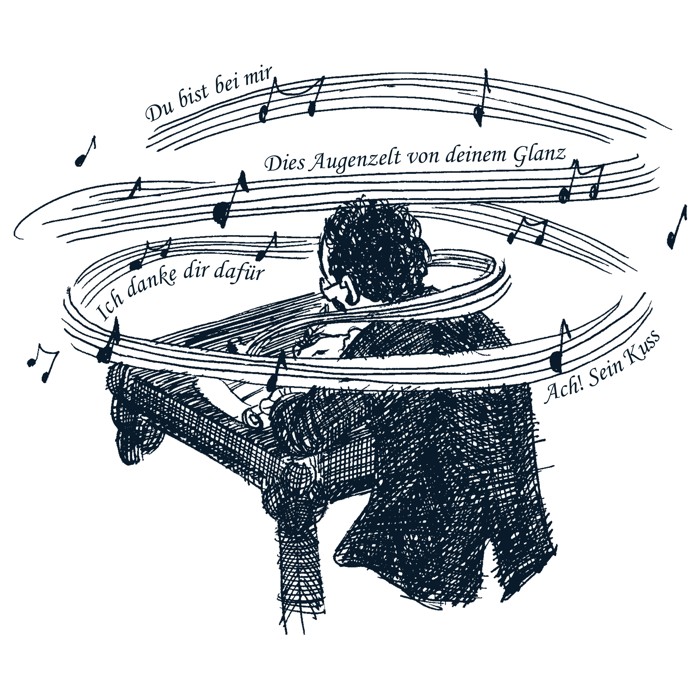





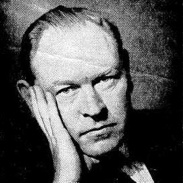

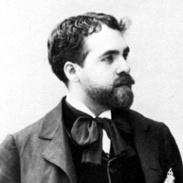

















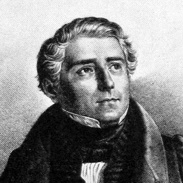





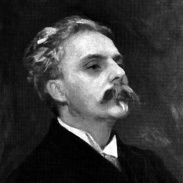


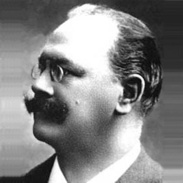




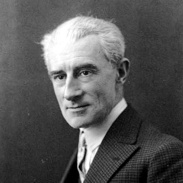

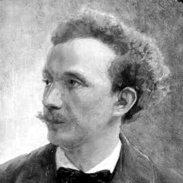
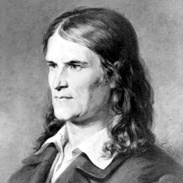


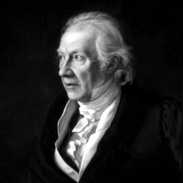






Comments powered by CComment